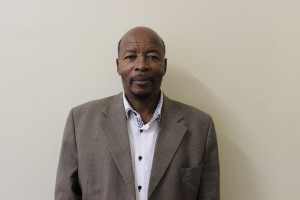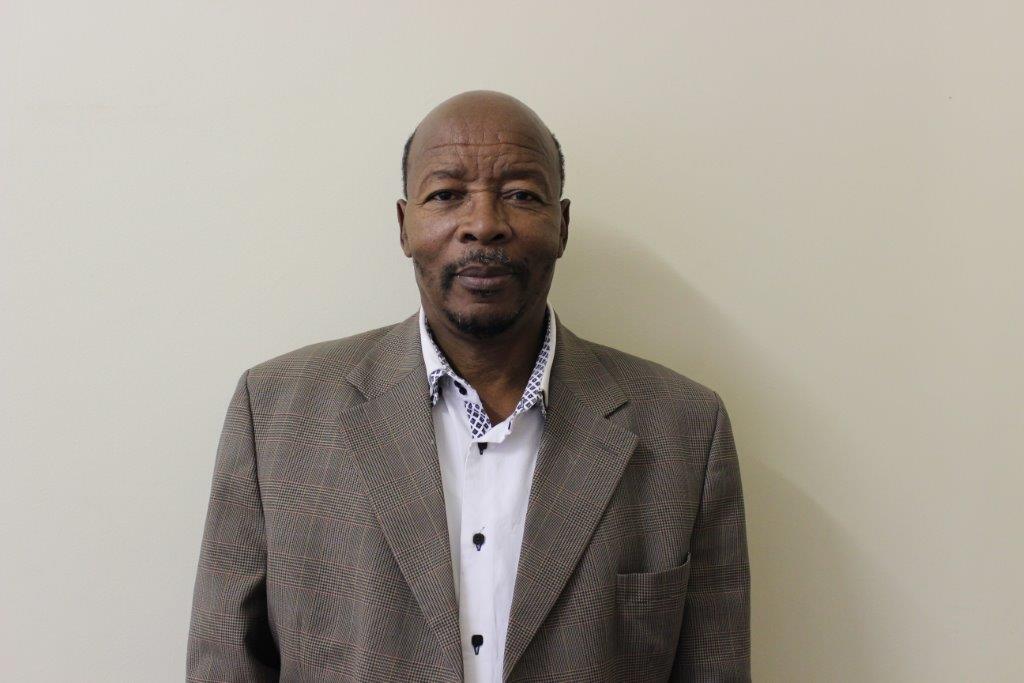The Church in South Africa: A Reflection on the Future – S.T. Kgatla
 Reflection on the future role of the church in South Africa is not possible without looking critically at past trends. The past history of the church in South Africa has been characterised by dependency on state resources after the annexation of Christian Education in the 1950s and replacing it with inferior Bantu Education. The political struggle against apartheid, on the other hand, was waged by the church in close collaboration with liberation movements. The relationship between the church and those in the liberation movement caused the church to compromise its critical stance against the movements.
Reflection on the future role of the church in South Africa is not possible without looking critically at past trends. The past history of the church in South Africa has been characterised by dependency on state resources after the annexation of Christian Education in the 1950s and replacing it with inferior Bantu Education. The political struggle against apartheid, on the other hand, was waged by the church in close collaboration with liberation movements. The relationship between the church and those in the liberation movement caused the church to compromise its critical stance against the movements.
Given the dependency syndrome on government resources of the past and close collaboration with liberation movements, which are now in power and charting a new road which is not godly, the church is faced with the mammoth task of exercising a prophetic voice. Weakened by lack of resources the church cannot have its own education that is free from government influence and interference. The rule of the game here is that ‘one who has the money calls the shots’. The new government post 1994 would not like to help a church that can be critical towards it.
Education in South Africa is still in the hands of the government which is profit-driven, inaccessible and expensive for the majority of South Africans. Historically advantaged white tertiary institutions are still as they were before, resisting any form of transformation. They still serve the ideology that advantages whites and leave blacks to their peril. Historically black tertiary institutions with serious financial, administrative skill deficits and high numbers of black youths from black disadvantaged schools that could not prepare them for university education are unable to prepare them adequately for future roles in society. The levels of poverty and unemployment that lead them to frustration result in violent protests that replicates from one community to another.
Unless there is a clear epistemological break with how things are done both in the church and government at the moment the future will remain uncertain. The church in South Africa should embrace the battle cry of the Black Consciousness Movement of Bantu Steve Biko that if it wants to make any meaningful contribution it should re-group, close its ranks and assert itself without relying on any other ‘sympathisers’. Starting small but steady with long-term strategies appears to be a better starting point. Promotion of strong ecumenical ties that discourage churches from working ‘solo’ is paramount.
Professor S T Kgatla teaches Missiology and Science of Religion at the University of Pretoria. He is the former Moderator of the Uniting Reformed Church in Southern Africa and a minister of that church in Polokwane congregation. He holds two doctorates from the University of South Africa.

